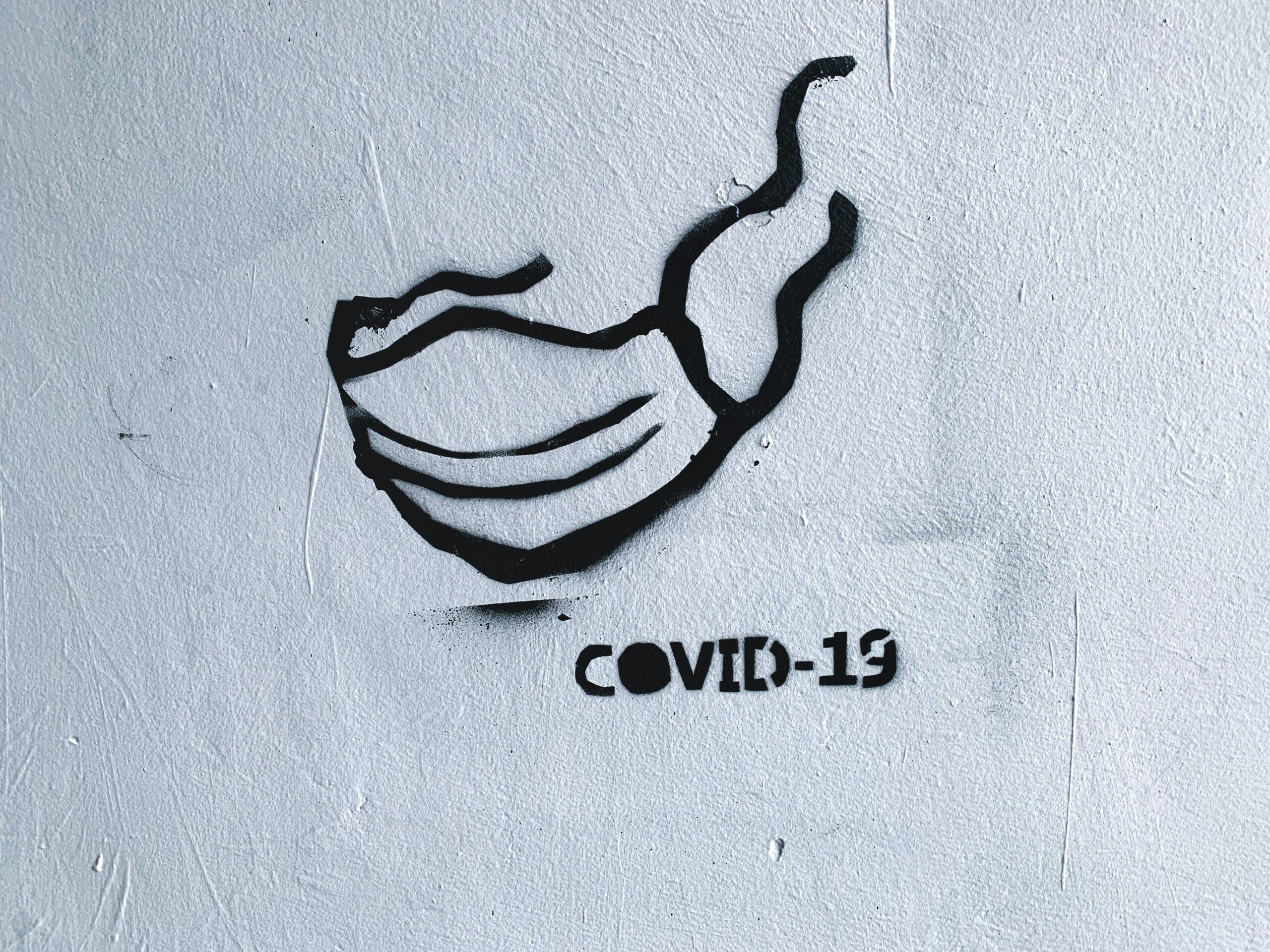The world's leading experts cannot say for sure what the future of Covid-19 is. Imagine us. But based on human experiences with other infections there is little reason to believe that SARS-CoV-2 will disappear anytime soon, even when vaccines are available.
A more realistic scenario is that Covid-19 will be endemic: it will be added to the (large and growing) family of persistent infectious diseases among the human population.
Pandemic and Endemic
What does endemic mean? The definition according to Wikipedia is "Illness constantly present or very frequent in an area, population or territory for various causes." Therefore, it is no longer an extensive and pervasive spread throughout the world, but "confined" to a particular endemic area, or to several areas with susceptible subjects.
With the worldwide explosion of the disease and its endemicity it seems unlikely that currently available measures will do more than keep its spread under control so that it does not spread to large numbers of people, except in areas and countries that can isolate themselves. effectively from the outside world: in that case, those are the only areas that are not considered endemic.

The vast majority of people are still susceptible to some extent to these infectious agents. This means that there is enough fuel for the fire to continue burning for quite some time.
Few illusions
Covid-19, as mentioned, will likely be endemic even if specific locations reach what is known as herd immunity (and it is unclear how likely this is). When a sufficient number of people become immune to a disease, either by vaccination or natural infection, its spread begins to slow down and the number of cases gradually decreases. But that doesn't mean it will disappear instantly, completely or everywhere.
Outside of any area with population immunity, there are likely to be many places with enough susceptible individuals for continued transmission. No isolation measure is strong enough to completely stop human interaction between regions. Within and between countries or around the world.
It is also possible that the spread of an infection eventually stabilizes at a constant level so that it becomes always present in communities, possibly at a relatively low, sometimes predictable rate. This is what is meant by endemic disease. So? What will be the "conditions of use" of a life that slowly returns to normal, but with an additional daily "enemy"?
Covid-19 endemic, in good company
Some infections are present and actively spread almost everywhere every year (such as many sexually transmitted infections and childhood infections). But most infections are endemic to specific parts of the world. This is the case with malaria and many other mosquito-borne infections.
Theoretically speaking, an infection becomes endemic if on average each infected individual transmits it to another person. In other words, when the reproduction number (R) is equal to 1. In contrast, during an epidemic when the spread of the disease is increasing, R is greater than 1 and when the spread decreases through control measures or disease immunity population, R is less than 1.
In practice, there are a number of patterns that can be observed in endemic diseases. Some may exist at low levels throughout the year, while others may show periods of higher transmission interspersed with periods of low transmission.
Waning immunity
In diseases that give lifelong immunity after infection, every newborn baby is susceptible after the immunity gained from the mother wears off. This is why childhood infections like measles are endemic in many parts of the world where the rate of birth rate is quite high.
In diseases that give only temporary immunity through natural infection, people lose that immune protection to become susceptible again. A virus or bacteria can also evade immune memory by mutation, so that people with immunity to an older strain become susceptible to the new version of the disease. The flu is a great example.
We don't yet know how long immunity from COVID-19 infection will last or how good the vaccines will be at protecting people. But other coronaviruses endemic in the human population, such as those that cause colds, they only confer temporary immunity for about a year.
Covid-19 endemic: how to react
How we manage COVID-19 once it becomes endemic will depend on how good our vaccines and treatments are. Will we be able to find natural remedies, will we be able to prevent the infection from continuously passing from us to our animals, remaining virtually forever? Stuff for zoology and botany. This post isn't about that.
If they can protect people from the most severe outcomes, the infection will become manageable. Covid-19 will therefore be like many other diseases we have learned to live with and many people will experience it during their lives.
Depending on whether immunity (from natural infection or vaccination) is permanent or temporary, we may then need annual vaccine updates to protect us from coronavirus, a bit like the flu.
Or it could be controlled with vaccination at an optimal age (like many childhood infections).
If vaccines not only prevent clinical disease, but also strongly reduce transmission and confer long-lasting immunity, we can foresee other scenarios, such as potential eradication of the disease. But realistically this is unlikely.
Eradication is notoriously difficult, even for diseases for which we have near-perfect vaccines and lifelong immunity.


